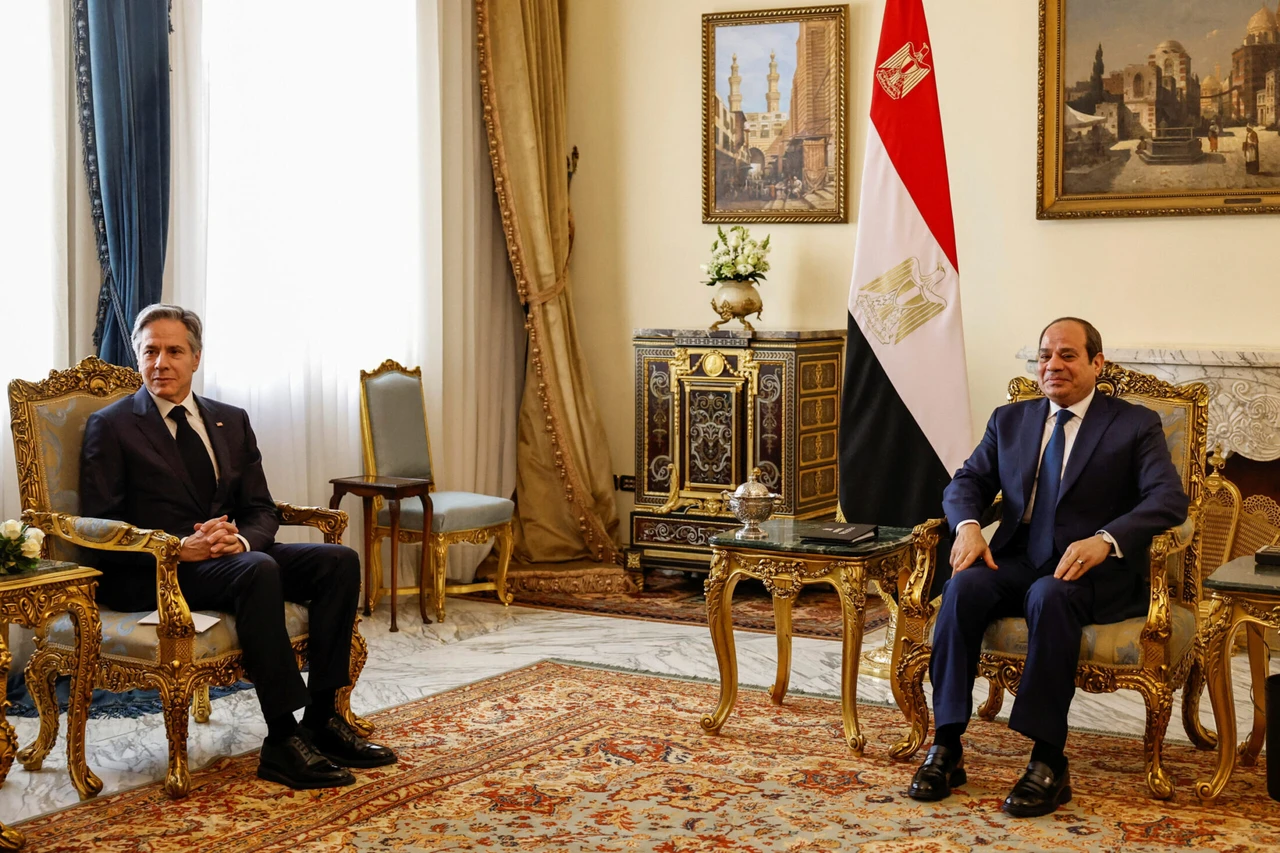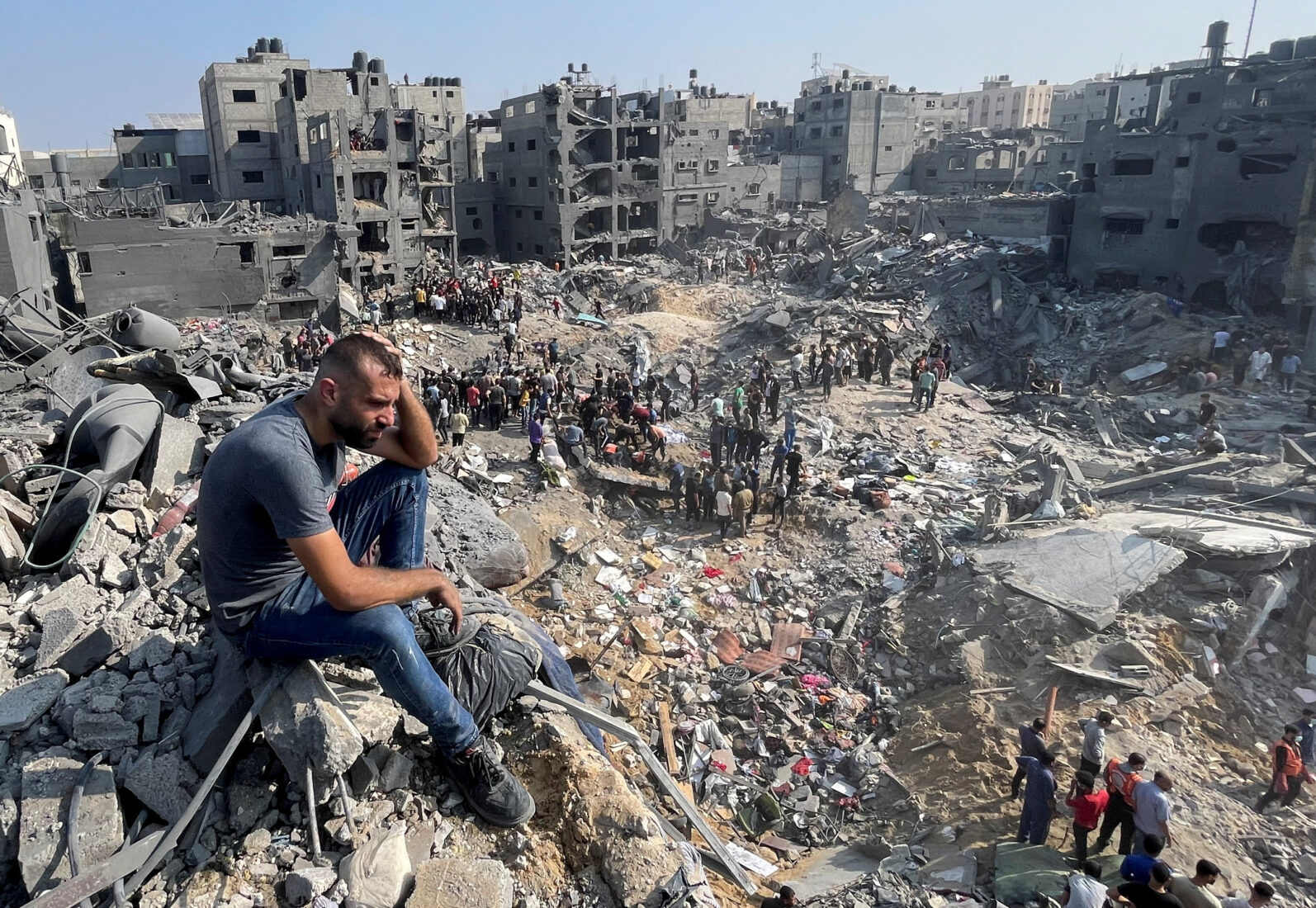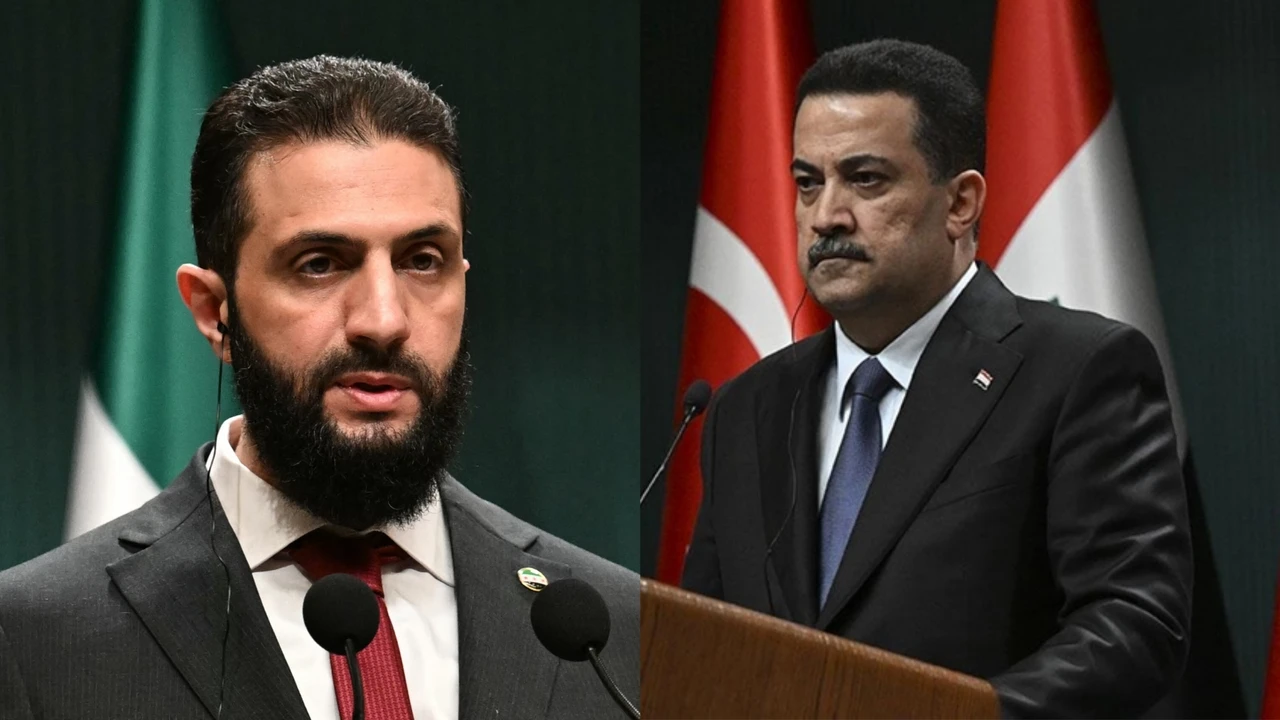Egyptian President el-Sissi, Blinken discuss Gaza cease-fire in Cairo
 U.S. Secretary of State Antony Blinken meets with Egyptian President Abdel Fattah al-Sisi at Al-Ittihadiya presidential palace in Cairo, Egypt January 30, 2023. (Reuters Photo)
U.S. Secretary of State Antony Blinken meets with Egyptian President Abdel Fattah al-Sisi at Al-Ittihadiya presidential palace in Cairo, Egypt January 30, 2023. (Reuters Photo)
Egyptian President Abdel Fattah el-Sissi met in Cairo on Wednesday with U.S. Secretary of State Antony Blinken for talks to reach a cease-fire in the Gaza Strip.
El-Sissi and Blinken exchanged views about enhancing joint mediation efforts by Egypt, the US, and Qatar to advance the Gaza cease-fire negotiations, the Egyptian presidency said in a statement.
The Egyptian leader underlined the necessity to remove all barriers to the entry of humanitarian aid into Israel-blockaded Gaza Strip and halt Israeli “violations” against Palestinians in the occupied West Bank, the statement said.
He reiterated Egypt’s rejection of attempts to expand the conflict regionally and called on all parties to show responsibility.
El-Sissi also affirmed Egypt’s support for Lebanon’s stability and sovereignty following Tuesday’s pager explosions that killed at least 12 and injured nearly 2,800 others.
According to the statement, el-Sissi and Blinken agreed to intensify joint efforts aimed at deescalation in a way that ensures peace and security in the region.
The state-affiliated Al-Qahera News channel earlier reported that talks between el-Sissi and Blinken would take up a host of regional and international issues, primarily efforts to reach a cease-fire in Gaza.
Blinken arrived in Cairo early Wednesday for his 10th regional tour since last October to push for a Gaza cease-fire and prisoner swap deal between Israel and Hamas.
For months, the U.S., Egypt and Qatar, have been trying to reach an agreement between Israel and Hamas to ensure a prisoner exchange and a cease-fire and allow humanitarian aid to enter Gaza. But mediation efforts have been stalled due to Israeli Prime Minister Benjamin Netanyahu’s refusal to meet Hamas’ demands to stop the war.
Netanyahu insists on maintaining control of the Philadelphi Corridor area on the Gaza-Egypt border, a position vehemently rejected by Cairo and Hamas.

Israel has continued its brutal offensive on the Gaza Strip following a Hamas attack last Oct. 7, despite a U.N. Security Council resolution calling for an immediate cease-fire.
Nearly 41,300 people, mostly women and children, have since been killed and over 95,500 injured, according to local health authorities.
The Israeli onslaught has displaced almost the entire population of the territory amid an ongoing blockade that has led to severe shortages of food, clean water and medicine.
Israel faces accusations of genocide for its actions in Gaza at the International Court of Justice.



